Charge cards and credit cards might sound like the same thing, but they provide access to credit in different ways.
Credit cards are the most common option. They provide a hard spending limit and let you carry a balance (although you will be charged interest). On the other hand, charge cards don’t have a credit limit, but you’ll need to pay off your balance in full to avoid penalties.
American Express is the only charge card issuer in Canada. If you’re interested in a personal charge card, check out the American Express Aeroplan Card.
Key Takeaways
- Charge cards don’t have preset spending limits and must be repaid in full each month.
- Credit cards have hard spending limits and allow you to carry an unpaid balance forward.
- American Express is the only institution offering charge cards in Canada.
- The American Express Aeroplan Card is a great charge card for travelers who occasionally make large purchases.
Never miss an amazing deal again + get our bonus 250+ page eBook for FREE. Join 50,000 other Canadians who receive our weekly newsletter – learn more.
Differences between charge cards vs. credit cards
Charge cards and credit cards got their start as shopping tabs used by regular customers at a single store. While they eventually became widely accepted payment options, they retain one key difference:
- When you use a credit card, you use a credit network to borrow money from your credit card issuer and pay the merchant for your purchase.
- When you use a charge card, you borrow money from the same institution that manages the credit network.
There are three credit networks in Canada – Visa, Mastercard, and American Express – and multiple credit card issuers, including most major banks, credit unions, fintechs, and stores. American Express is the only network in Canada that issues its own cards.
Here are a few more differences you should be aware of:
| Key info | Charge cards | Credit cards |
|---|---|---|
| Payment network(s) available | * American Express | * American Express * Mastercard * Visa |
| Annual fees | $120 | $0 – $799 |
| Interest rates | 30% if your balance is not paid in full | 9.99% – 25.99% purchase interest |
| Required credit score | 660 - 759 | 300 – 900 |
| Interest-free grace period | None—the balance must be paid in full each month or you’ll be charged 30% interest | 21 – 55 days |
| Issuers | * American Express | * American Express * BMO * CIBC * MBNA * RBC * Scotiabank * TD ...and many other banks, credit unions, and major retailers |
How to use a charge card
As you can tell from their rarity, charge cards are made for a specific kind of shopper. If you want the ability to make large purchases as you please (and you know you can repay all purchases each month), it could be the right choice for you.
To use a charge card at a retail location, simply swipe or insert your card into the payment terminal when checking out. If the transaction is approved, you’ll get a receipt and the amount will be charged to your account. At the end of the month, you’ll receive your card’s statement with the total amount you have to pay (or be charged interest).
To use a charge card online, head to your cart and enter your charge card details in the credit card payment option. When you complete the payment, the information is sent to American Express, which checks the purchase’s price tag against your credit score and spending patterns. The higher your score and the better your payment history, the more likely your purchase will be approved.
To complete the online translation, you’ll get a one-time password sent to your phone or email. Enter the password and American Express should approve the transaction (if your credit score and payment details are also approved).
Again, the charge amount is added to your account and you’ll get a statement at the end of the month with the amount you have to pay back.
Pros and cons of having a charge card
Before you apply for an Amex charge card, consider the benefits and drawbacks of this particular type of card.
Charge card pros:
- No pre-set spending limits
- On-time payments automatically increase your soft spending limits
- Mobile and online "Check Spending Power" tool available
- Cardholders can ask Amex for more credit on a case-by-case basis
- American Express is accepted by over 110,000 establishments in Canada and 99% of merchants in the US
Charge card cons:
- Statement balances must be paid in full every month
- Missed payments trigger an interest rate hike, account freeze, and credit score hit – even if you make a partial payment
- Shorter interest-free grace periods
- Balance transfers and cash advances aren’t available
- American Express isn’t as widely accepted as Visa and Mastercard, so take a backup card on international trips
American Express charge card options
There’s only one true personal charge card available in Canada: the American Express® Aeroplan®* Card.
As an Amex cardholder, you’ll enjoy 24/7 customer service, fraud protection, emergency card replacement services, and purchase protection insurance. You can also use the company’s polished online and mobile banking tools to manage your spending.
- Rewards include Air Canada flights and vacations; hotel and rental car credits; merchandise, and gift cards
- Basic credit card insurance
- Includes dining, entertainment, and shopping benefits
Charge card alternatives in Canada
If you’re after more purchasing power, Amex also issues three other cards with no preset spending limits, two of which rank among the best American Express credit cards.
Here’s a closer look at them:
FAQ
Is a charge card better than a credit card?
A charge card isn’t necessarily better; it’s simply different. Charge cards offer more flexibility since they’re not subject to a hard spending limit, so high spenders might prefer using them, especially since they also come with perks.
What are the disadvantages of a charge card?
The biggest disadvantage is the fact that you have to pay the card’s balance in full every month or your balance will be charged a very steep interest rate. Partial payments don’t count, so you can’t spend beyond your means.
Is my Amex a charge card or credit card?
Whether or not your American Express is a charge card or a credit card depends on the specific card. American Express is the only payment network that issues both credit cards and charge cards.
Do charge cards hurt your credit?
Charge cards can damage your credit if you miss a payment. Your score can also drop if you take on too much debt in comparison to your income. That’s why it’s so important to budget, so you can pay off your card in full.
How do I know if I have a charge card or credit card?
If you have a Visa or Mastercard, you have a credit card. Most American Express cards are credit cards. However, if you have the American Express Aeroplan card, you have a charge card.
creditcardGenius is the only tool that compares 126+ features of 228 Canadian credit cards using math-based ratings and rankings that respond to your needs, instantly. Take our quiz and see which of Canada's 228 cards is for you.



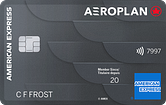

 ×2 Award winner
×2 Award winner 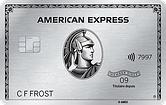

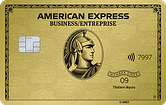

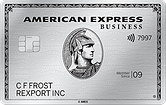


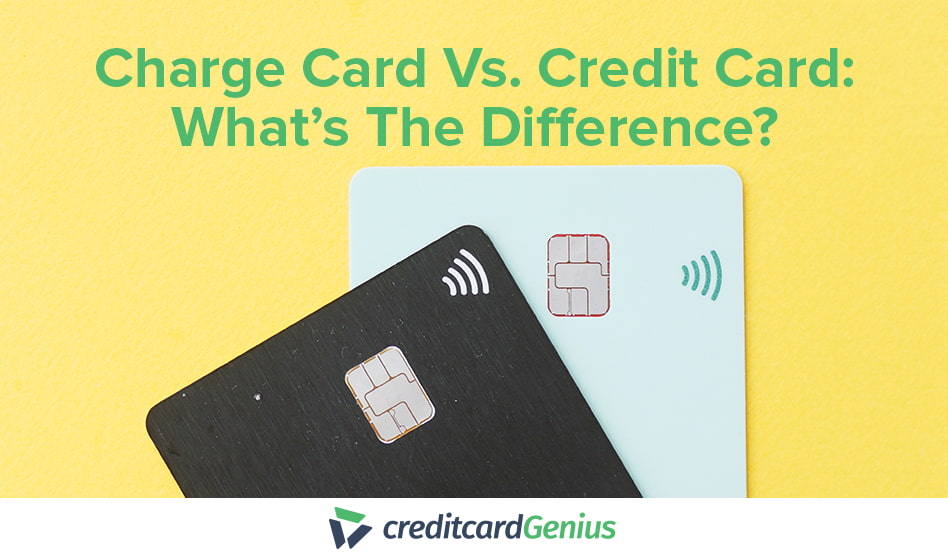

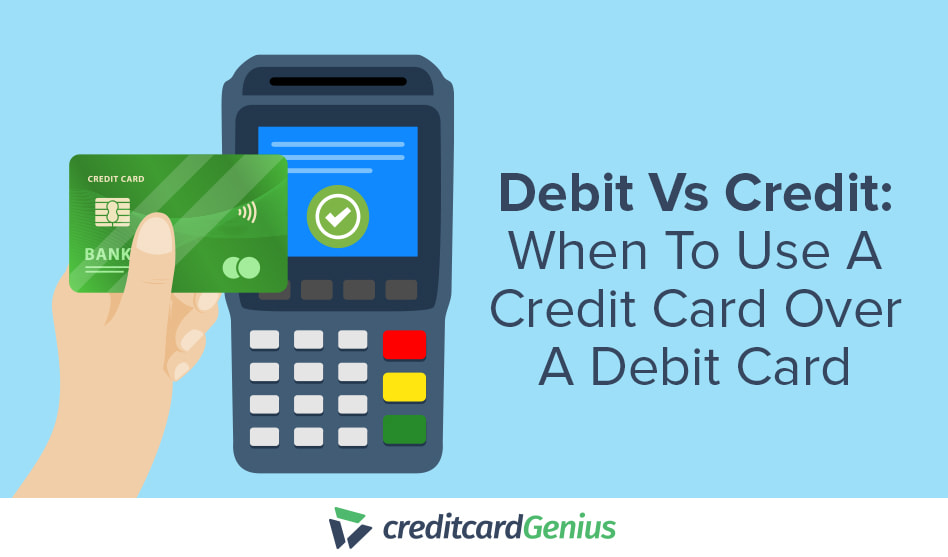


 GC:
GC: 








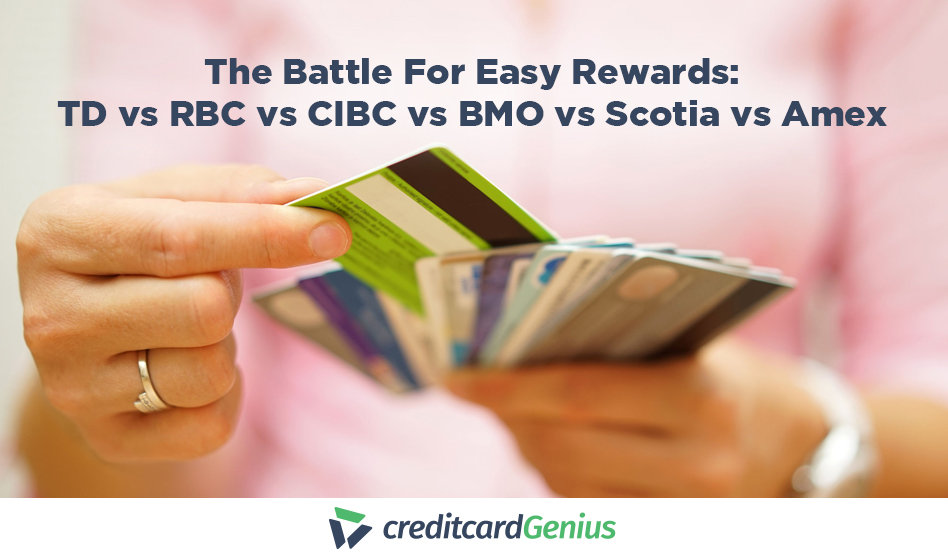
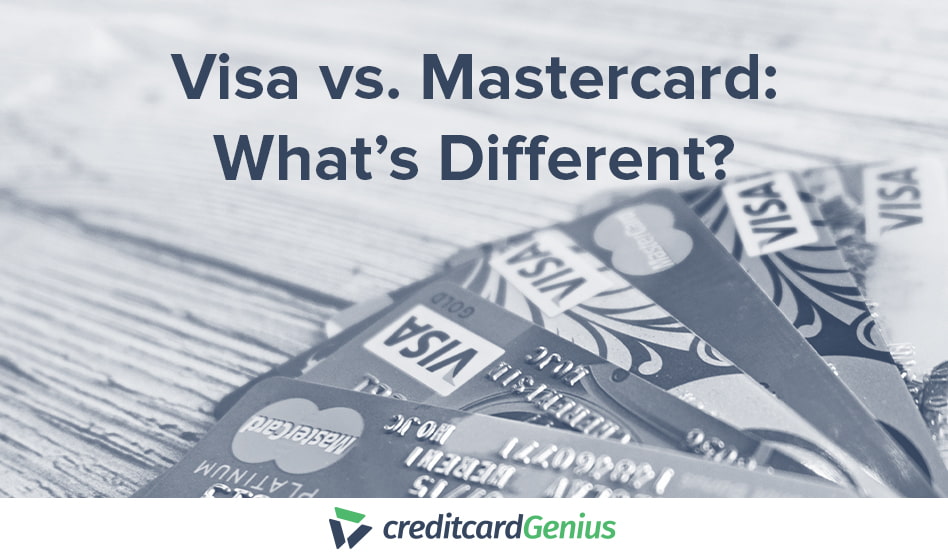
























Comments
Leave a comment
Required fields are marked with *. Your email address will not be published.